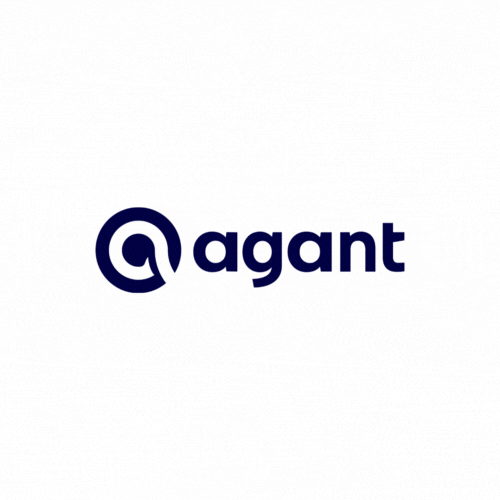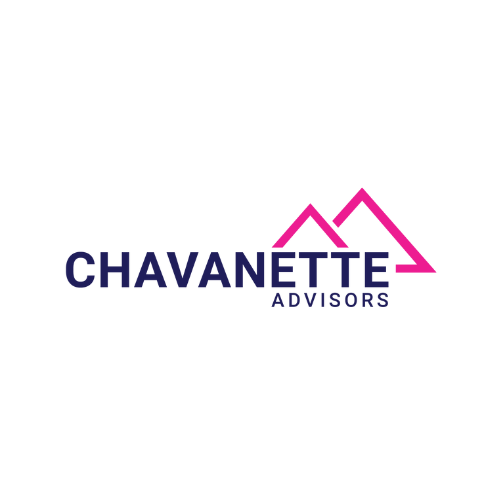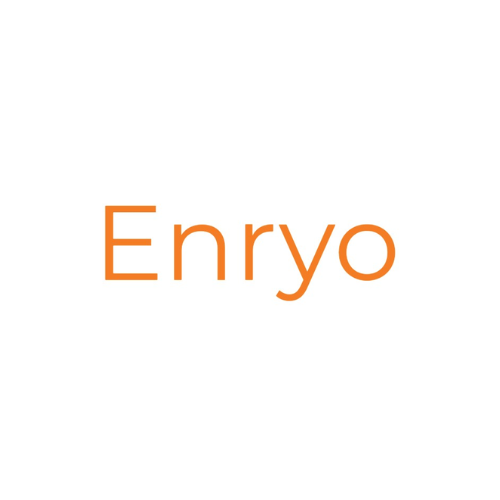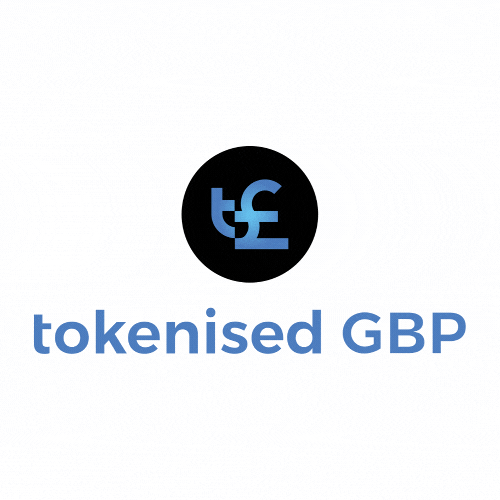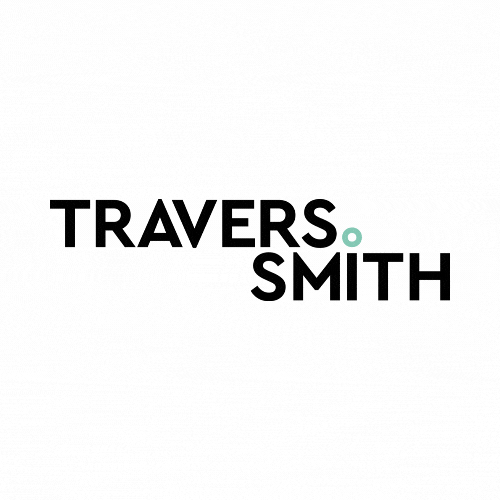In January, the UK introduced new legislation establishing a five-year Digital Securities Sandbox (DSS) that temporarily eases certain legal requirements to enable the exploration of emerging technologies, including distributed ledger technology (DLT) experimentation. Today, the Bank of England and the Financial Conduct Authority (FCA) have opened applications for participation in the sandbox.
In traditional markets, trading typically occurs on an exchange, with settlement facilitated through a central securities depository (CSD). DLTs are designed to merge these two functions, and the sandbox aims to support this innovative approach. The Bank of England highlighted the flexibility of the DSS rules, allowing regulators to make adjustments as they gain further insights. Financial instruments included within the scope of the sandbox comprise equities, corporate and government bonds, money market instruments such as commercial paper and certificates of deposit, fund units, and emissions allowances. However, derivatives and cryptocurrencies are excluded. The regulators have also published detailed guidance, a policy statement, and an application form for the DSS.
In a Ledger Insights article, Gilbert Verdian (CEO of Quant) commented on the importance of the DSS, stating that it lays the foundation for market participants to realise the benefits of digital securities within a safe, regulated environment. He emphasised that this move significantly strengthens the UK’s position as a leader in tokenisation. With the EU having already launched its DLT pilot regime, Verdian expressed that it is crucial for the UK to keep pace in this new era of digital finance.
Quant has been actively engaged in developing interoperable blockchain solutions that cater to financial institutions, enterprises, and governments. The company focuses on enabling secure, frictionless digital transactions across various markets, and their Overledger technology has been instrumental in providing DLT interoperability. In the UK, Quant is involved in several initiatives aimed at enhancing digital infrastructure and exploring the potential of digital currencies, including partnerships with financial institutions to create tokenised assets and facilitate cross-border transactions. The firm’s involvement in the DSS reflects its broader commitment to advancing the use of blockchain technology in the financial sector.
The EU’s DLT Pilot Regime, which the UK seeks to compete with, has experienced a slow start. Despite the legislation coming into effect over 18 months ago, no applications have been approved by regulators. However, changes are anticipated soon, which makes the UK’s timely establishment of the DSS even more significant.
The Bank of England and the FCA conducted a consultation for the Digital Securities Sandbox, which concluded in late May. The most discussed topic was the activity limits imposed within the sandbox. While the global asset class figures remain largely unchanged, the limits for individual firms have been made more flexible. Applicants in the DSS will progress through a series of stages known as gates. Gate 2 represents the ‘go-live’ stage, and Gate 3 the ‘growth’ stage. Should a firm reach its Gate 2 limit before the opening of Gate 3 applications, there may be an opportunity to revise this limit. The limits for individual firms are as follows: Gilts: £0.6 billion – £1.25 billion and Sterling corporate bonds: £0.9 billion – £1.5 billion. For reference, the global figures from the initial consultation are reiterated, remaining broadly consistent.
In contrast to other asset classes, the regulators will not impose an aggregate limit on fund tokenisation activity within the DSS. A notable change is the expansion of the sandbox’s scope to encompass assets denominated in other currencies, such as euros and dollars. The regulators will establish global limits for these additional currencies, which will be separate from the sterling limits. However, the individual firm limits will consider all currencies collectively.
Regarding settlement, little has changed. Stablecoins remain excluded, with settlement in central bank money considered the default. The Bank of England emphasised the availability of the omnibus bank account facility (as used by Fnality) and indicated ongoing collaboration with the industry on an RTGS synchronisation settlement facility. While the possibility of wholesale CBDC experiments was mentioned, no commitments were made. Settlement using commercial bank money is permitted, but it must be appropriately justified.
Due to delays in the EU’s DLT Pilot Regime approval process, the UK regulators have outlined their expected timeframes. Gate 1 approval is relatively quick, taking around a month, though it holds limited significance, particularly for unregulated participants. Banks applying now could potentially be live by February 2025. For unregulated entities, assuming they progress to Gate 2, a live date is expected around November 2025 or later. Other Financial Market Infrastructures (FMIs) fall somewhere between these timelines. Quant’s involvement in this regulatory evolution marks another step in their mission to foster greater financial inclusion and efficiency through blockchain technology, cementing the UK’s role in the global digital finance landscape.








